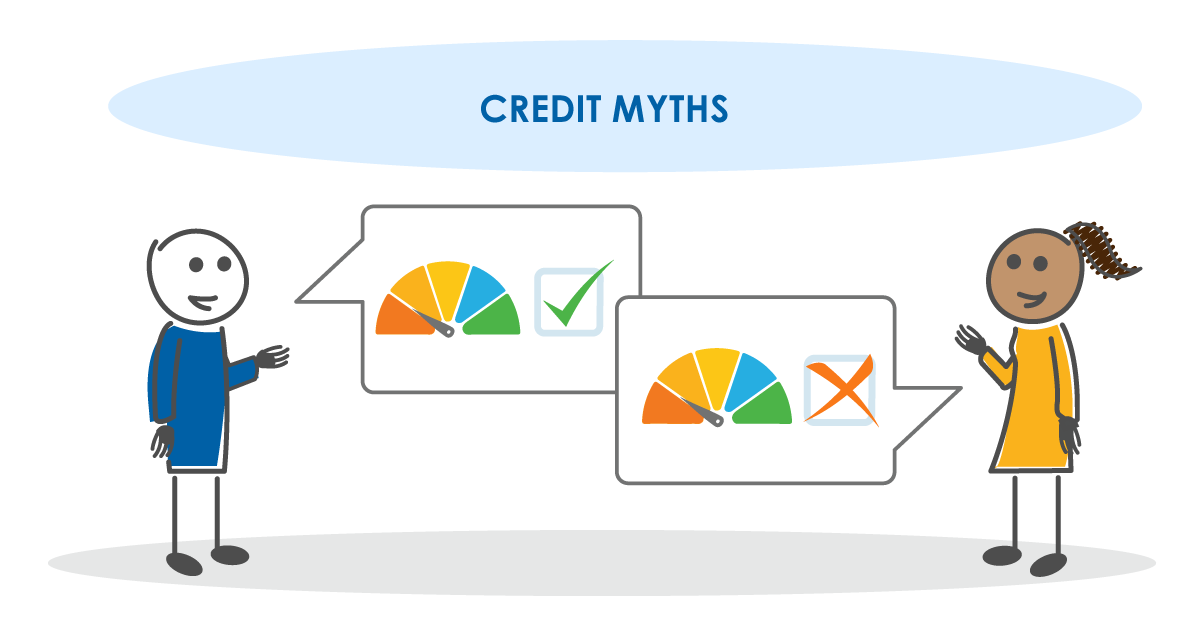
Can you get blacklisted for all credit? — A credit blacklist (a list of people or things that are regarded as unacceptable or untrustworthy and should be excluded or avoided for finance) does not exist.
Credit reports are made up of facts and are informational.
These facts allow lenders, along with their own criteria, any questions they have asked you on their application form, and previous information they may have if you are a repeat customer of theirs, to make the decision to lend you credit.
If many lenders have refused to give credit to you, it won’t be because you are blacklisted, it may be that your credit report shows a history of defaults.
This could lead to only being offered higher-interest credit as an option.
Does a credit score determine if I get credit?
A high credit score does not guarantee you will be accepted by a lender, lenders will usually have their own criteria in assessing your ability to pay back the credit they give you.
A high score may also suggest there is lots of positive repayment and less default information in your credit history, but it does not supply other factors that a lender may need to make their decision, such as income or other current circumstances.
The decision to lend to you is made by credit reference agencies
Rejections for lending are not the actual Credit Reference Agencies decision.
They only provide the lender making the decision to give you credit, a history of your credit actions such as whether you have defaulted (or not) on repayments for utilities or credit commitments, how much you currently owe other lenders, any County Court Judgements, bankruptcies or if you are in an Individual Voluntary Arrangement.
If you have bad credit due to an unavoidable financial situation in the past, it won’t be listed on my credit information
A lender cannot tell the reason you have defaulted, or missed loan repayments, on your credit report.
However, if you have a type of bad credit, which was caused by a situation such as a work injury, you may be able to request a note to be added to your credit report, which explains why you missed repayments during this time.
Your credit score is affected when checking your credit report
Your score cannot be changed by checking your credit report, if you see your actual search appear on your credit report this will mean only you can see that “soft search” and lenders will not.
The actual credit searches made by lenders, who perform a credit check when you make an application for credit, will be listed on your report.
You only have one credit score
A credit reference agency will each have their own scale and ways to calculate your credit score, there is not one universal score.
Being refused credit affects your credit score
Multiple and frequent credit checks (hard searches) made by lenders when you make an application for credit with them, can affect your credit score for six months.
Whether you have been accepted for their credit, and then made your own decision not to proceed, or if you have been refused by the lender, is not actually documented on your credit history.
Many credit searches, which are not spaced out over time (1 every 3 months for example) from other lenders, could suggest to future lenders that the previous credit applications were refused.
Which could be against their lending criteria or interpreted that you may be trying to take out credit you cannot afford, or even that you may be the victim of identity fraud.
Your savings or salary affects your credit score
The amount of money you currently have in your bank account, savings and salary are not listed on your credit report.
A lender may however ask for these details on their application form for credit, to assess whether you can afford to pay back the loan repayments, and how much to lend to you.
People who used to live in your house can affect your credit
The financial actions of the previous occupants to your current address, cannot have any impact on your credit history.
Your credit history is linked to your name and not addresses.
The only way your credit can be impacted by someone else is if you have taken out a joint credit commitment with them in the past or are doing so for your current application for credit with a lender.
Defaults stay on your credit report forever
Debts will stay in your credit history for six years from the date of the first missed payment, even if you pay off the full debt.
Even if it is removed from your credit history, a lender could register a County Court Judgement (CCJ) against you.
A CCJ will stay in your credit history for six years from the day it is issued, even if you pay it off during this time.
However, if you do pay the full amount off in the first month, the CCJ will be removed.
A criminal record and fines can affect your credit history
Criminal records, parking or driving fines are not listed in your credit history, neither are your medical history nor student loans.
Only County Court Judgements are listed, which stay in your credit history for 6 years unless you pay them off in the first month.



